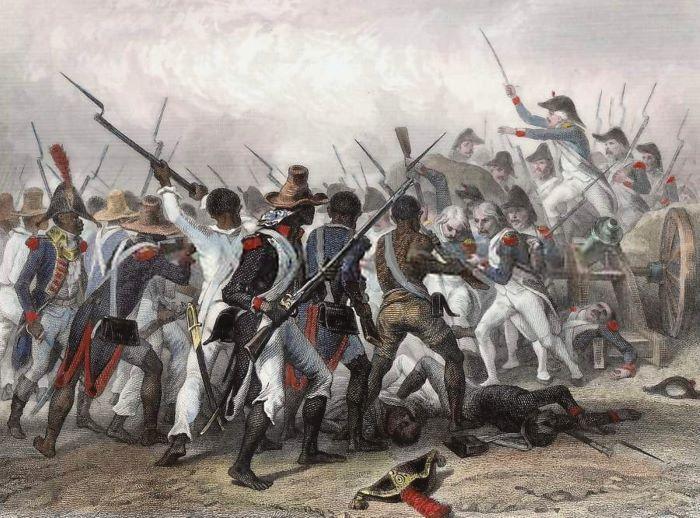Revolutions have played a significant role in shaping the political systems of nations worldwide.
They have been responsible for overthrowing monarchies, colonial powers, and oppressive regimes, and replacing them with new government systems. This essay will explore the history of revolutions and their impact on political systems.
A revolution is defined as a fundamental change in power or organizational structures that takes place over a relatively short period. Revolutions can take many forms, ranging from peaceful protests to violent uprisings.
They often result from long-standing grievances against existing political systems, such as economic inequality, social injustice, or political oppression.

One of the most significant revolutions in history was the French Revolution, which took place from 1789 to 1799. The French Revolution was sparked by the economic and social grievances of the French people, who were suffering under the oppressive rule of King Louis XVI.
The revolution led to the overthrow of the monarchy also the establishment of the First French Republic.
The French Revolution had a profound impact on the political systems of Europe. Spurring revolutionary ideas like democracy and individual rights, it challenged traditional political structures in European monarchies.
The revolution also inspired other revolutions, such as the Haitian Revolution, which led to the abolition of slavery in Haiti.
Another significant revolution was the Russian Revolution of 1917. Led by the Bolsheviks, and socialist revolutionaries, the revolution overthrew the Tsarist regime, establishing the Soviet Union.
Influenced by Marxist theory, the Russian Revolution sought to overthrow capitalist systems also establish a socialist society.
The Russian Revolution had a significant impact on global politics. Inspiring socialist and communist movements worldwide, especially in developing countries grappling with poverty and inequality.
The Soviet Union became a global superpower and played a major role in shaping international politics during the Cold War.
The Chinese Revolution of 1949 was another significant revolution that had a profound impact on the political systems of Asia. Led by the Communist Party of China, the revolution ousted the Nationalist government and established the People’s Republic of China.
The Chinese Revolution was inspired by Marxist theory and called for the establishment of a socialist society.
The Chinese Revolution had a significant impact on the political systems of Asia. It inspired other socialist and communist movements in countries such as Vietnam and North Korea.
China became a major global power and significantly shaped global politics during the Cold War and beyond.
The impact of revolutions on political systems has not always been positive. Certain revolutions resulted in authoritarian regimes causing human rights abuses and political oppression.
The 1979 Iranian Revolution established an Islamic Republic accused of suppressing dissent also violating the rights of women and minorities.
The 1959 Cuban Revolution established a socialist regime criticized for human rights abuses and political oppression. The Cuban Revolution had a significant impact on Latin American politics, inspiring other socialist and communist movements in the region.
Conclusion
Revolutions have had a significant impact on the political systems of nations around the world. They’ve ousted monarchies, colonial powers, and oppressive regimes, paving the way for new government systems.
Revolutions have sparked political movements also ideas challenging traditional structures, fostering the spread of democracy and individual rights.
Not all revolutions yield positive results; some result in authoritarian regimes causing human rights abuses and political oppression. 바카라사이트